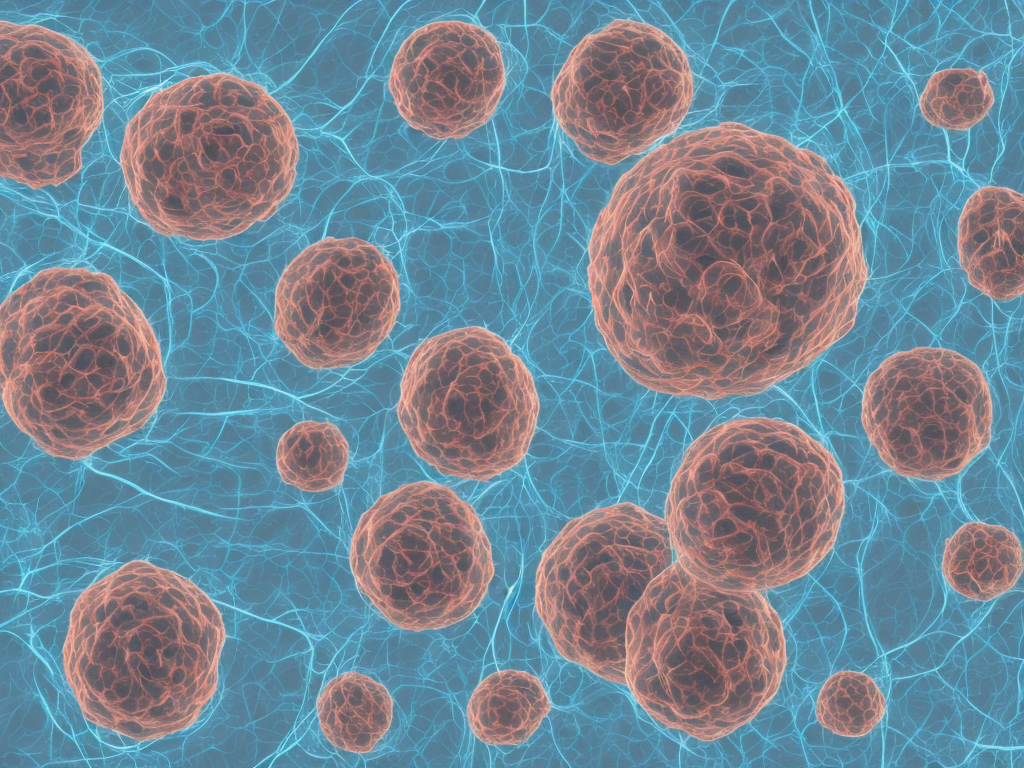
Mitosis and meiosis are two distinct processes of cell division that are essential for the growth and reproduction of organisms. Mitosis is the process of cell division that produces genetically identical daughter cells from a single parent cell. During mitosis, the chromosomes in the nucleus are replicated and then divided equally into two daughter nuclei. This process is used for growth and repair of cells in the body.
Meiosis, on the other hand, is the process of cell division that produces genetically different daughter cells from a single parent cell. During meiosis, the chromosomes in the nucleus are replicated and then divided unequally into four daughter nuclei. This process is used for sexual reproduction, as it produces gametes (sperm and egg cells) that are genetically unique.
The main difference between mitosis and meiosis is that mitosis produces genetically identical daughter cells, while meiosis produces genetically different daughter cells. During mitosis, the replicated chromosomes are divided equally into two daughter nuclei, while during meiosis, the replicated chromosomes are divided unequally into four daughter nuclei. This unequal division of chromosomes is what produces the genetic diversity found in the offspring of sexual reproduction.
 Self-Instruct
Self-Instruct